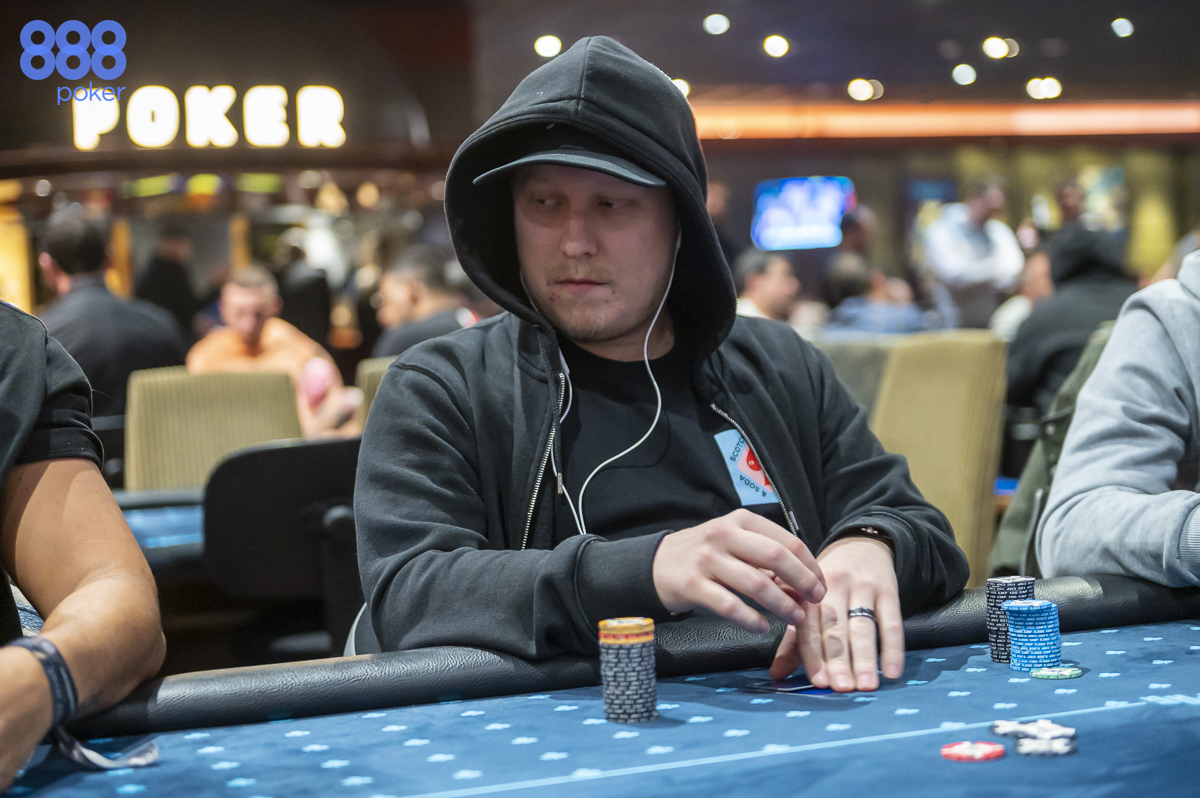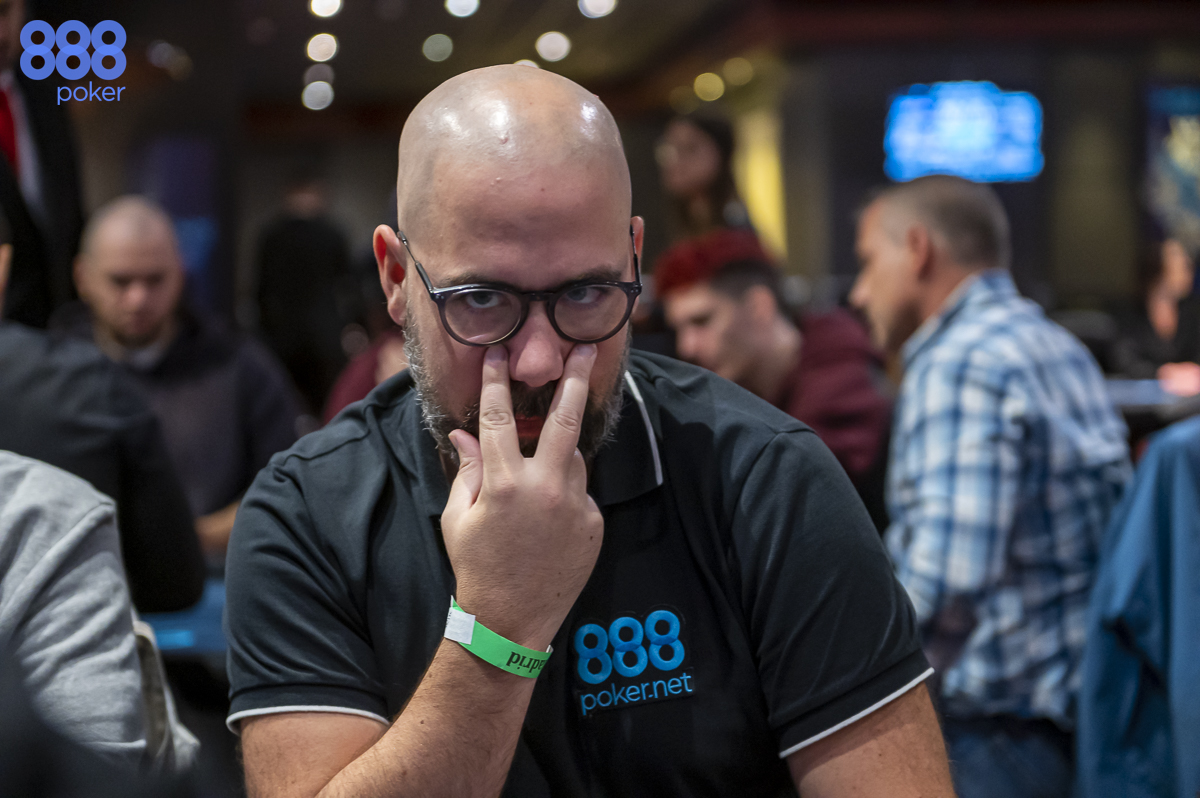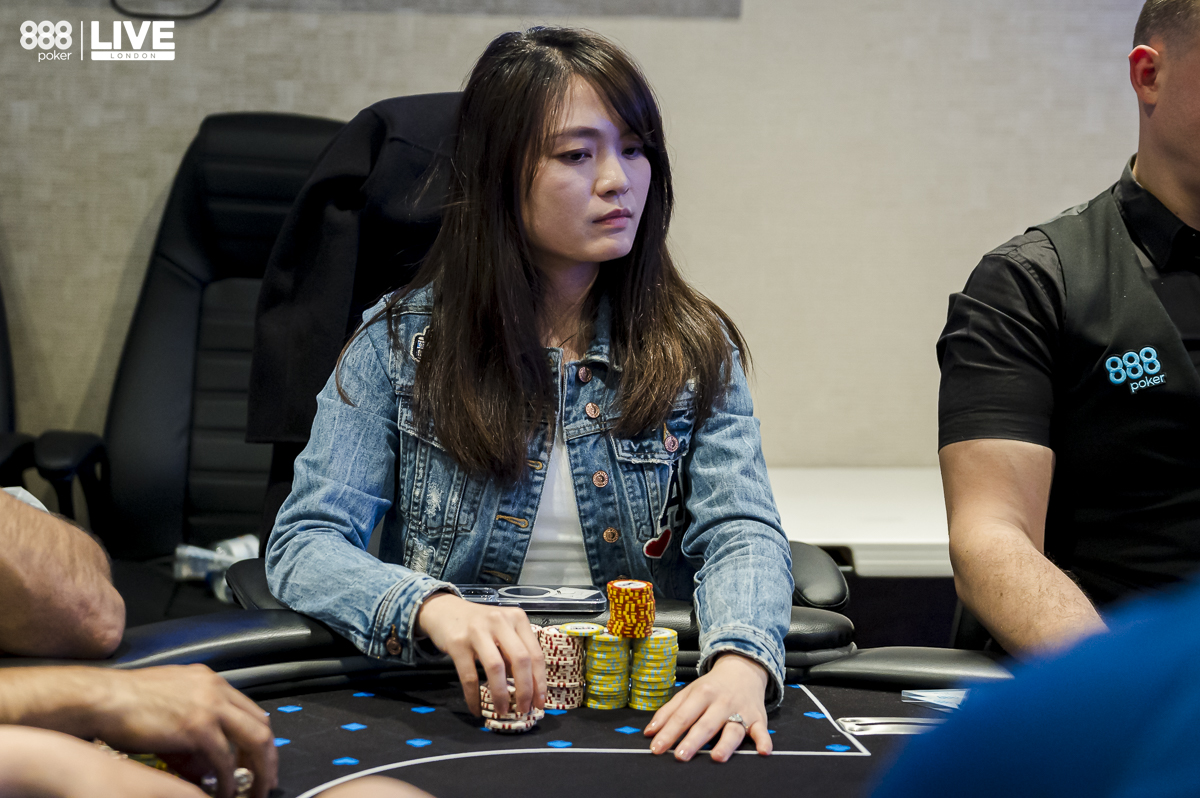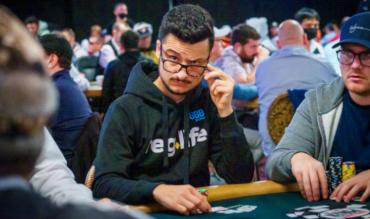You’ve been dealt a trash hand for the 5th time in a row. After quickly mucking, what do you do? If you’re like most players, you’ve probably used this downtime to surf social media, catch up on sports, or text a friend about how bad you’re running.
But is this the best use of your time?
And will it help you make profitable decisions in the long run?
I’d argue that the answer is no. There are many benefits to honing your observational skills and staying engaged in the game even when you are not in the hand.
We all know that poker is a game that requires both solid strategy and a keen mindset. What is less often talked about is the role that deliberate observation can play in your overall success.
Remember that just because you’ve folded your hand doesn’t mean your work is done!
Closely Monitoring Your Opponents
When not in a hand, you have the opportunity to learn valuable information. Focus on your opponents' play styles, tendencies, and potential weaknesses. Closely monitor your opponents' behaviour, betting patterns, and reactions to various situations.

This action should help you to make more informed decisions in subsequent hands (which, in turn, should make you more money).
Maintaining a high level of focus and engagement at all times will afford you insights that will ultimately give you a competitive edge.
Now let’s drill down on some specific guidance for how to improve your observational skills.
Increase Observational Ability Even When Not in Hand
You can do several things to improve your observational powers at the table.
These include the following:
- Paying attention to the action: Practising paying attention at the table is one of the most essential things you can do to improve your observational skills. It sounds simple, but it is easy to get distracted by your phone, surroundings, or even other players. Practice focusing on the game so you can precisely replay what happened on each street.

- Using active listening: Listen carefully when players talk or comment. There is a high probability that they will give away information about their hand, mindset, and/or strategy. Have you ever been in a tournament where it was clear from an opponent’s comments that they were set on getting a min-cash?
Knowing this information allows you to apply maximum pressure close to the bubble. These players are never going to play back without a monster hand. In this example, you can see where using an active listening strategy can pay off!
- Watching the other players: Keep a close eye on the other players at the table, especially when you are not in the hand. Use this time to look for patterns in their behaviour, betting, or body language. You may be able to pick up on a tell that you can use later.
It’s crucial to remember that a pattern means that you’ve seen this action several times - one time is not a pattern! It’s also essential to get a baseline to know what is typical for them.
Then you’ll be able to compare the current action, behaviour, or body language to determine any deviation.

- Analysing the board: Take time to observe the board and think through the different possible hands that players may have.
- Are there obvious draws?
- What’s the best possible hand on the flop?
- How does it change on the turn? The river?
Remember, improving your observational skills takes time and practice. Be patient, stay focused, and keep learning and growing as a player.
The more you practise observation, the better you’ll get at it!
Now let’s consider things you should pay particular attention to when you’re not in a hand.
What to Attend to When Not in a Hand
Once you've practised watching and listening at the table, you can expand your observations to exploit your opponents maximally.
Consider paying careful attention to the following:
- Opponents' playing styles: One of the critical benefits of observing and analysing your opponents is the ability to understand their playing styles better. Poker players often exhibit specific tendencies, such as being loose-aggressive, overly passive (e.g., weak-tight), or tight-aggressive.
By paying close attention to their actions when you are not in the hand, you can make mental notes about how they play their hands. This information will allow you to better understand (and later exploit) their tendencies:- Do they consistently continuation-bet when given the chance?
- Do they check-raise when it is good to do so?
- Do they seem to understand concepts like position, board texture and ranges?
- How often do they bluff?
- Do they overvalue weak hands?
- Are they prone to tilt?

There are so many bits of information that you can collect on your opponents. Pay close attention to how your opponents approach the game. Use this information to adapt your strategy and take advantage of those tendencies. It’s almost like having a cheat code!
- Opponents' betting patterns: One of the easiest ways to improve your hand-reading skills is to pay particular attention to your opponents’ betting patterns.
- Do they c-bet too often or not enough?
- What does their typical bet sizing look like?
- Do they ever use overbets?
- If so, what kinds of hands do they overbet?
- Do they ever use small bets (less than ½ pot)?
- What types of hands do they use small sizing with?
- Have you seen them slow-play big hands?
- Do they go for max value with their good hands?
- Do they like to use tricky lines?
- Or are they very straightforward with their betting patterns?
Remember, a player can take many betting patterns and lines. Your opponents may use various strategies and tactics during a game. So, it's essential to observe your opponents closely and adjust your strategy accordingly.

- Opponent weaknesses: Finding your opponents’ weaknesses is the name of the game. If you can find a reliable weakness, you can maximally exploit it!
Here are a few common weaknesses that you should track:
- Tilt: Tilt is a state of frustration or anger that can cause a player to play poorly. Tilt usually happens after a bad beat or a string of losses, and it can lead to players making mistakes.
Use your observational skills to notice when an opponent has the opportunity to tilt. How do they respond? If they are tilt-prone, they are probably a weaker player. If you see someone on tilt or about to go on tilt, you can use this information to your benefit.
- Lack of discipline: Players who lack discipline often struggle to stick to a solid strategy. They are likely to make impulsive decisions that are not in their best interest. They may also chase losses by playing too many hands or outside their bankroll.
Pay close attention, see if anyone at your table has these tendencies, and think about how this could be useful to you.
- Poor hand reading skills: Can a player accurately assess what cards an opponent may have based on the actions and betting patterns? Players who struggle with hand reading tend to make poor decisions. They will also have a more challenging time adjusting to their opponents' strategies.
Conversely, stronger players are competent hand readers. Take the time to watch hands you are not in and assess the other players on their hand-reading abilities.
- Overvaluing hands: Weak players tend to overvalue their hands, becoming too attached to what they perceive to be a good hand. They will not let go of their hand even when it is clear to the rest of the table that they are beat. If you find an opponent like this, you can extract maximum profit with your best hands!
- Tilt: Tilt is a state of frustration or anger that can cause a player to play poorly. Tilt usually happens after a bad beat or a string of losses, and it can lead to players making mistakes.
Remember, exploiting an opponent is not about cheating or playing unfairly. It's about using readily available information to make better decisions and maximise your profits.
If you follow the tips in this article, you will see results!


